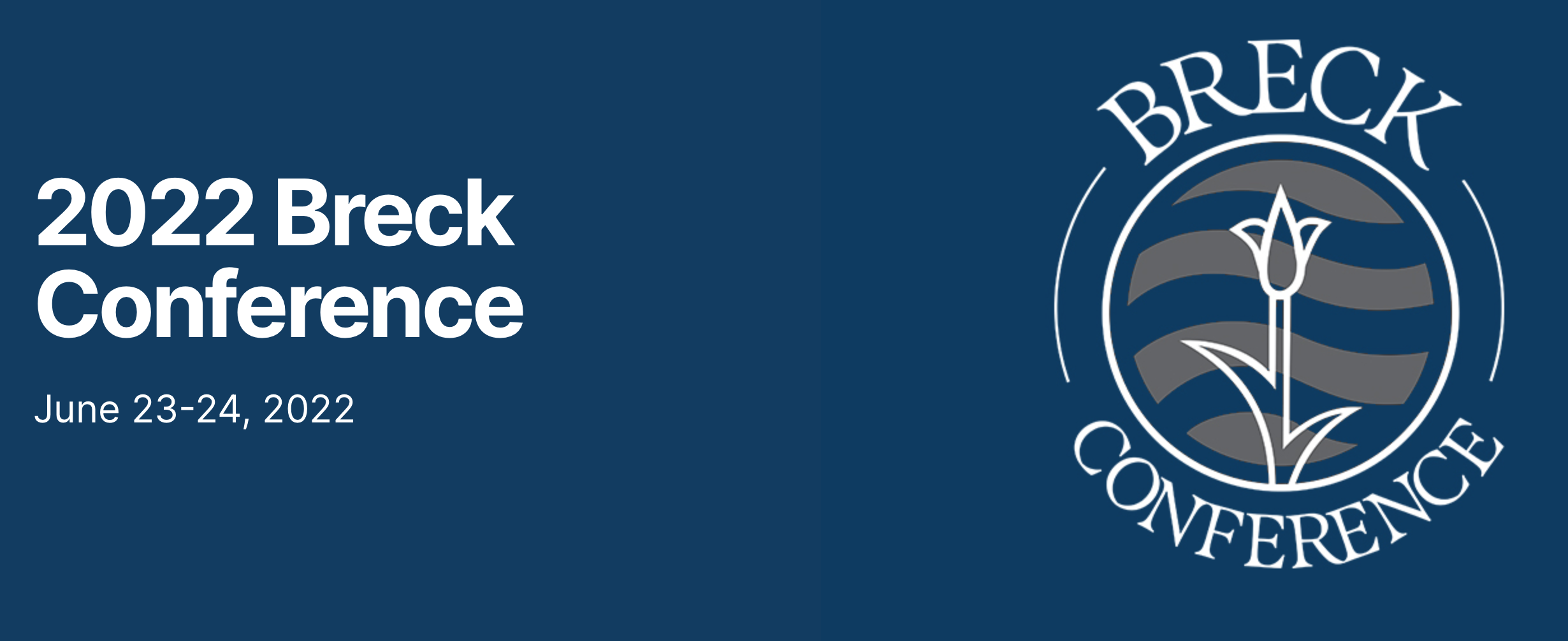Teaching Controversial Issues? Look to Dorothy Day
By Elisabeth Rain Kincaid, JD, PhD
Assistant Professor of Ethics and Moral Theology, Nashotah House
Sex, money, politics: all the things we are told not to talk about. However, as the ethics professor at Nashotah House, which draws diverse students from across the theological spectrum, teaching on these controversial issues is an important and challenging part of my job. As a professor, it’s easy for me to believe that my responsibility in teaching on controversial issues extends only to giving a compelling lecture or leading an animated discussion. However, unless controversial issues are presented in a context in which the students and I are open to learning and changing, there is always a risk that the class simply confirms the students who already agreed with me in their convictions and alienates the students who disagree, making their future openness to change even less likely. Rather, true transformational pedagogy requires not just teaching concepts, but incorporation into a community which creates the conditions for transformation.
In February of 1940, Dorothy Day considered the transformation required in order for the members of the Catholic Worker Movement to confront the difficulties of working for “a new heaven and a new earth, wherein justice dwelleth.” Day described how this work depends on God’s grace, but also demands radical change on the part of the human participants. In fact, it requires “indoctrination”—bringing people into the doctrine of the “mystical body of Christ.” Indoctrination is not simply the reception of information but actual incorporation—becoming one body—with the community. Incorporation requires formation, which is achieved in part through shared practices such as worship (daily attendance at Mass and communal rosaries), community (carried out in kitchens and at the table), and external engagement (political activism and care of the poor). In the rest of this post, I will consider how these same practices are key for developing a community in which transformative pedagogy regarding controversial issues is possible.
First, Day examines how the practice of worship highlights the “correlation” between the spiritual and the material while also emphasizing the primacy of the spiritual. Looking beyond the physical to the spiritual expands the imagination by “quicken[ing] the perceptions” to appreciate other material and spiritual experiences than one’s own. Creating fertile ground for engagement with controversial issues in the classroom requires exactly this type of transformation of the imagination. In addition, worship teaches patience and charity. Confronting our own limitations in contrast to God’s goodness should ensure that “we will not lose faith in those around us, no matter how stumbling their progress is.” In Christian seminaries in a liturgical tradition such as my own, communal practices of worship provide the perfect opportunity to encourage students to look beyond their material circumstances to seek “the presence of God” in their analysis of controversial issues. However, any pedagogical practices which move students beyond the classroom into a mode of reflective engagement—with the beauty of art or nature, especially—can also prove valuable resources in a nonreligious or interfaith setting for transformation of imagination and expansion of perspective.
Day’s description of the communal practices of kitchen and table point to the context which prepares people to engage with controversial questions. In the time of COVID, we have come to realize how important eating together is to create the bond and trust required for vulnerability. In addition, the cooperation of cooking together and other shared creative activities strengthen and reinforce a communal bond. Creating space for students to engage in these types of activities, whether as a whole class or in small groups, creates the conditions for true openness regarding challenging issues. Through these communal practices, students and professors begin to experience the reality of their identity as a communal body. Like a body, students incorporated in the community will start to feel the hurts and joys of one another as their own—preparing them to approach controversial questions which impact the lives of others with new empathy and urgency.
Finally, Day describes the practices of service and activism which are the outgrowth of communal and spiritual practices. These actions, especially those which engage the community in service with the poor, build on the first two categories, as well as providing the end which guides them. Of course, these practices are more easily obtained in service-learning programs. However, even taking advantage of opportunities to genuinely serve others in the community can enhance solidarity within the community while also expanding the participants’ awareness of the sorrows and challenges of the world. Through shared engagement in these practices, students and professors gain a deeper understanding of the impact of controversial questions on people’s lives, confront the limited nature of solutions currently available, and come to appreciate the need not only for knowledge, but action.
Will all these practices make teaching controversial issues easier? Not necessarily. In fact, they may complicate emotional engagement and can add to the administrative burden. In addition, they require the professor to surrender pedagogical illusions of grandeur or omniscience. However, as Day reminds us, “little works” matter, and through these small practices both we and our students may change and ultimately grow.
Elisabeth Rain Kincaid is assistant professor of Christian ethics and moral theology at Nashotah House Theological Seminary. The preceding article was first posted at The Wabash Center. You may read the original at this link.
—
Image: Still shot from the "Revolution of the Heart: The Dorothy Day Story," a film by Martin Doblmeier (CNS/Courtesy Journey Films).

